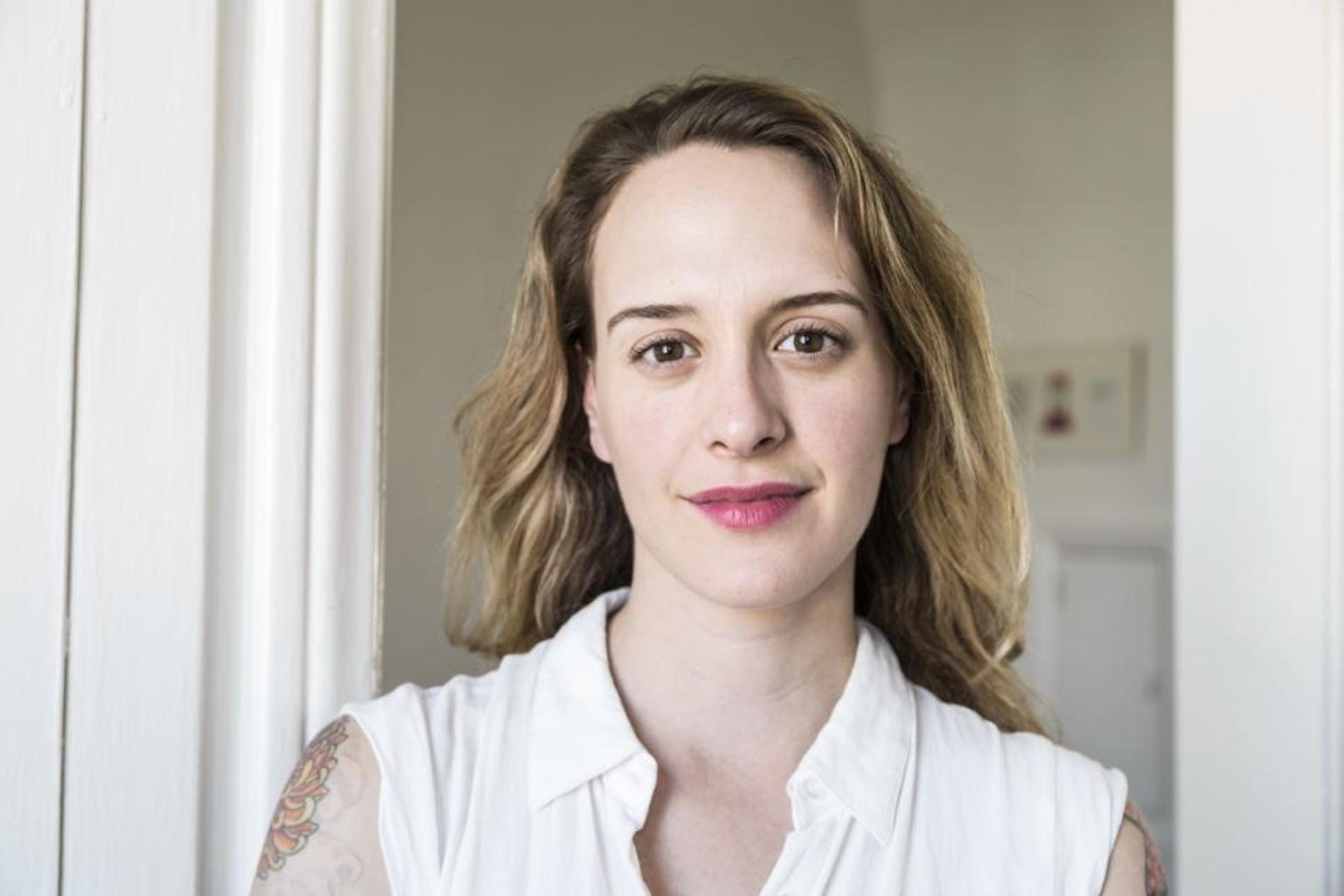On the controversy surrounding Emily Gould and “confessional” writing.
by Emma Winsor Wood
Yesterday Slate’s Katie Roiphe argued that if Karl Ove Knausgaard’s meandering, multi-volume autobiography My Struggle had been written instead by an American woman, “Reviewers and readers alike would think it was narcissistic, well-traveled, self-indulgent.” We need only look at the reaction to Emily Gould’s debut novel Friendship to see that Roiphe is right—that, in a woman’s hands, the autobiographical “annoys us, riles us. It feels presumptuous, vain, narrow, feminine, clichéd.” At 32, Gould, as a former editor of Gawker, the creator of two widely read personal blogs (Emily Magazine, Heartbreak Soup), and the author of a personal essay collection, has been repeatedly buffeted with all of Roiphe’s adjectives.
The past few weeks have generated multiple reviews of her novel: two long profiles,; at least one Q&A,; and an extremely critical 11,000-word essay by the book blogger Ed Champion, which was described as “immediately remarkable for its misogynist lens,” and sparked a “subtweet war” among literary Tweeters.
Although Gould has said “very little of [Friendship] is autobiographical,” more than one writer has commented on the autobiographical parallels between Gould and her protagonist Amy–often with a note of disdain. Ruth La Ferla calls it “transparently autobiographical,” while Michiko Kakutani observes that “readers who aren’t busy comparing Amy with the Ms. Gould of blog infamy” might find the time to compare it to the TV Shows Girls or 2 Broke Girls, and Nora Krug states, “Much of the material…feels ripped from the headlines Gould has said she is trying to escape.” These slightly snarky remarks (all, interestingly, by women) corroborate Roiphe’s argument—one long-championed by Jennifer Weiner—that, when coming from women writers, even a whiff of the autobiographical elicits contempt.
As a novel, Friendship cannot be labeled “confessional.” And yet, because of Gould’s history as a tell-all blogger and essayist, its publication has sparked a conversation about confessional writing. Several writers have tried to contextualize Gould as a forerunner to Lena Dunham’s no-holds-barred semi-autobiographical HBO show Girls (somewhat obliquely, considering the fact that Dunham, who has published a few essays in The New Yorker, has yet to publish a book). But in truth, Gould simply reinvented (or, to put it coyly, “refreshed”) a form of women’s writing that came to prominence in the 1950s and 60s. In those decades, poets like Anne Sexton and Sylvia Plath, along with novelists like Erica Jong and Doris Lessing, began writing about private experiences–sex, depression, motherhood, and domestic life–that had not previously been explored in American literature. These women were, in turn, drawing on an even older tradition of women’s literature: the letters, diaries, memoirs, and autobiographies that women managed to write during centuries when being a published woman writer often meant renouncing a traditional life. Many of the earliest women writers (Sor Juana Inés de la Cruz, Hildegard von Bingen, Mechthild of Magdeburg) lived in convents, while others later (Christina Rossetti, Jane Austen, two of the Brontë sisters, Emily Dickinson) never married.
We now use the word “confessional” so loosely and so frequently, that–although we might occasionally debate its merits–we rarely stop to think about what it means, how we use it, and in what ways it might actually limit our interactions with women’s writing. As the professor Lori Saint-Martin writes, “The realm of the personal and sexual has always been literary for men (Saint Augustine, Rousseau, Michel Leiris, Henry Miller) and confessional for women (Colette, Erica Jong, Anaïs Nin).” And it is true: although male writers have also mined their personal lives for material (some like Robert Lowell and John Berryman also earning the label “confessional”), in another nod to Weiner and Roiphe, critics seem to reserve a certain set of derisive adjectives (“narcissistic,” “banal,” “vain,” “narrow”) for female confessional writers.
We have lost sight of the fact that writing in the confessional form once constituted a clear political statement. Confessional writing emerged partly out of the consciousness-raising feminist movements of the 60s and the 70s. During that time, women began writing for women about their experiences, working in ultra-personal and unconventional literary forms in order to set their work apart from the written male tradition. Their intent was to create a community and de-stigmatize traditional sources of shame (sex, menstruation, abortion) for women.
Gould, with her deeply personal blogs and equally intimate essay collection, is a direct descendent of that tradition. In a 2008 essay for New York Magazine, she wrote, “Some of my blog’s readers were my friends in real life, and even the ones who weren’t acted like friends when they posted comments or sent me e-mail…They made me feel like a part of some kind of community.” Judging by the impassioned commentary Gould continues to provoke today, confessional writing remains a political statement–only at some point, it became so common we stopped seeing it as such.
As Emma Cueto writes in Bustle, some of the negative responses to Gould’s work prove that “certain segments of the literary world are clearly still threatened by the idea of young women finding literary success.” I would go on to claim that these “certain segments” are particularly threatened by the idea of young women finding literary success with books that fall outside the confines of the traditional, and traditionally masculine, literary model–books that are, like Friendship and Gould’s essay collection And the Heart Says Whatever, written by a woman about women for women. “I just kind of wanted to make the male characters go away,” Gould said, of Friendship. No wonder some men feel threatened.
Emma Winsor Wood is a poet and freelance writer. She writes the Women and Words column for TheRiveterMagazine.com. You can follow her @emmawinsorwood.
Photo by Lisa Corson.




